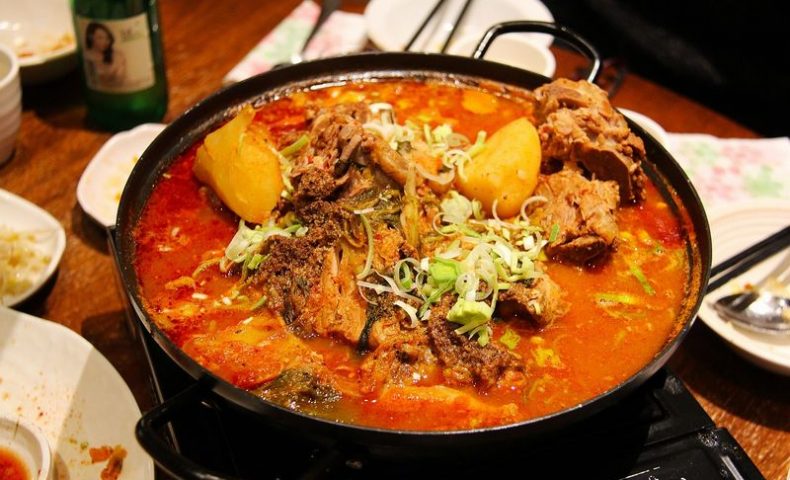Meaning: “too ~” / “excessively ~”
to express excessiveness
Grammar Point:
「すぎる」is used to indicate that something exceeds the normal or acceptable degree. It attaches to the stems of adjectives and verbs.
Formation:
Verb-ますmasu stem + すぎる
いadjective (remove い) + すぎる
なadjective + すぎる
日本語 / にほんご / Japanese
(1) この部屋は寒すぎる / 寒すぎます。
(2) この本は重すぎる / 重すぎます。
(3) このケーキは甘すぎる / 甘すぎます。
(4) あのイスは低すぎる / 低すぎます。
(5) この問題は簡単すぎる / 簡単すぎます。
(6) あのお店は料理が高すぎる / 高すぎます。
ことばと表現 / Words & Expressions
重い【おもい omoi】heavy
甘い【あまい amai】sweet
イス【いす isu】chair
低い【ひくい hikui】low
問題【もんだい mondai】problem, question
簡単【かんたん kantan】easy, simple
お店【おみせ omise】shop, store
料理【りょうり ryouri】cuisine, food
高い【たかい takai】expensive, high
英語 / えいご / English
(1) This room is too cold.
(2) This book is too heavy.
(3) This cake is too sweet.
(4) That chair is too low.
(5) This question is too easy.
(6) That shop’s food is too expensive.
ひらがな / Hiragana
(1) このへやは さむすぎる / さむすぎます。
(2) このほんは おもすぎる / おもすぎます。
(3) このけーきは あますぎる / あますぎます。
(4) あのいすは ひくすぎる / ひくすぎます。
(5) このもんだいは かんたんすぎる / かんたんすぎます。
(6) あのおみせは りょうりが たかすぎる / たかすぎます。
ローマ字 / Roman characters
(1) Kono heya wa samusugiru / samusugimasu.
(2) Kono hon wa omosugiru / omosugimasu.
(3) Kono keeki wa amasugiru / amasugimasu.
(4) Ano isu wa hikusugiru / hikusugimasu.
(5) Kono mondai wa kantansugiru / kantansugimasu.
(6) Ano omise wa ryouri ga takasugiru / takasugimasu.




























No comments yet.